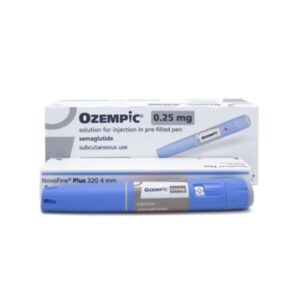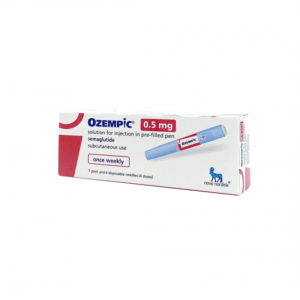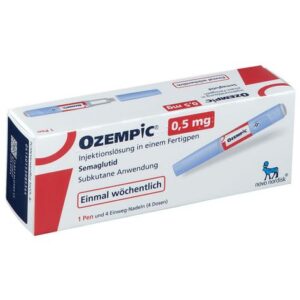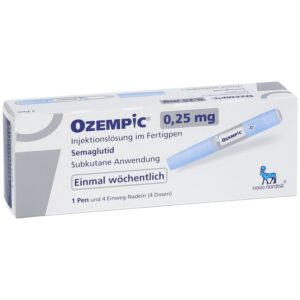Ozempic New Hampshire
Understanding Ozempic in New Hampshire: A Breakdown of Benefits, Availability, and Regulations
In recent years, the healthcare landscape has seen significant advancements in the treatment of diabetes. Among these innovations is Ozempic, a medication designed to manage blood sugar levels in individuals with type 2 diabetes. In the state of New Hampshire, where diabetes prevalence remains a concern, understanding the availability, benefits, and regulatory aspects of Ozempic is crucial. This article aims to provide a comprehensive overview of Ozempic in New Hampshire.
What is Ozempic?
Ozempic, generically known as semaglutide, belongs to a class of medications called GLP-1 receptor agonists. It works by mimicking the effects of a hormone called glucagon-like peptide-1 (GLP-1), which helps regulate blood sugar levels by stimulating insulin secretion and reducing glucose production by the liver.
Benefits of Ozempic
- Improved Blood Sugar Control: Clinical trials have demonstrated that Ozempic effectively lowers blood sugar levels in individuals with type 2 diabetes, leading to improved glycemic control.
- Weight Loss: Unlike some other diabetes medications that may lead to weight gain, Ozempic has been associated with weight loss in many patients. This is particularly beneficial for individuals with type 2 diabetes who are overweight or obese.
- Cardiovascular Benefits: Studies have shown that Ozempic may reduce the risk of cardiovascular events such as heart attacks and strokes in people with type 2 diabetes who are at high risk for these complications.
- Convenient Dosage: Ozempic is administered once weekly via a subcutaneous injection, offering a convenient dosing regimen for patients compared to daily medications.
Availability of Ozempic in New Hampshire
Ozempic is typically available in pharmacies throughout New Hampshire, including retail pharmacies and specialty pharmacies. Patients can obtain Ozempic with a prescription from their healthcare provider. Additionally, many health insurance plans cover Ozempic, although coverage may vary depending on the specific plan. Patients are advised to check with their insurance provider for information regarding coverage and copayments.
Regulatory Considerations
- Prescription Requirement: Like other medications used to manage diabetes, Ozempic is available by prescription only. Patients must consult with a healthcare provider, such as a primary care physician or an endocrinologist, to determine if Ozempic is an appropriate treatment option for them.
- Monitoring and Follow-up: Healthcare providers typically monitor patients closely after initiating treatment with Ozempic to assess its effectiveness and monitor for any potential side effects. Regular follow-up appointments are essential to ensure optimal diabetes management.
- Cost Considerations: While Ozempic can be an effective treatment for type 2 diabetes, its cost may be a consideration for some patients, especially those without insurance coverage or with high copayments. Pharmaceutical companies may offer patient assistance programs or copay assistance to eligible individuals to help mitigate the cost of Ozempic.
Conclusion
Ozempic represents a significant advancement in the management of type 2 diabetes, offering benefits such as improved blood sugar control, weight loss, and cardiovascular protection. In New Hampshire, individuals with type 2 diabetes have access to Ozempic through pharmacies with a prescription from their healthcare provider. Understanding the benefits, availability, and regulatory aspects of Ozempic is essential for patients and healthcare providers alike in optimizing diabetes management and improving patient outcomes in the Granite State.
Showing the single result




